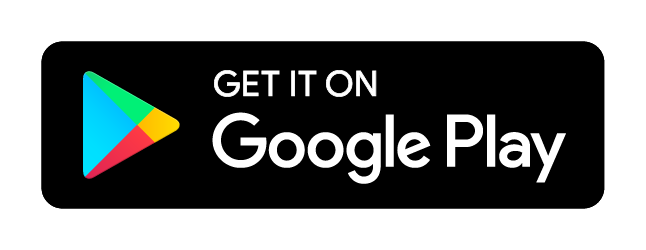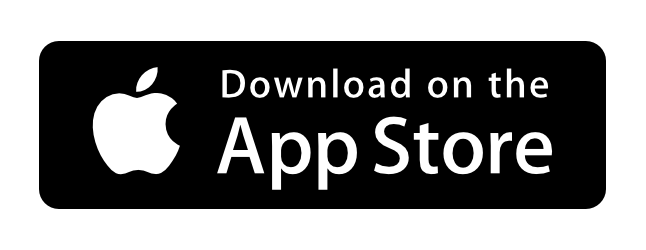Part Two: Face Your Public and Twitter Your Tweets to a New Job
Facebook
Facebook is in metamorphosis from a strictly social media site to one that employers are checking routinely for any information that might put you in a negative light. You may already have an account there, so make sure that you don't have any damaging information accessible to the general public. Take care that none of the following information shows up on your profile.
Top Ten Turn-Offs for Employers on Social Networking Websites
- References to drug abuse
- Extremist or intolerant views, including racism, sexism, homophobia, anti-Semitism, etc.
- Criminal activity
- Evidence of alcohol and/or drug abuse
- Inappropriate pictures, including nudity
- Foul language
- Links to unsuitable websites
- Lewd jokes
- Silly email addresses
- Membership in pointless or silly groups
Interestingly, employers are not just concerned about alcohol or drug use, or inappropriate photos. They also use the information posted to identify those with poor communication skills and inaccurately stated qualifications. Bad-mouthing of former employers and colleagues is also identified as a concern for many employers and their recruiters.
Go through your photos and untag any that you don’t want to be associated with. Check your privacy settings and limit access to your profile. You don't want to jeopardize any potential ideal job possibility because of something in your profile.
Twitter
If you think Twitter is just for tweets about your mundane personal life, you need to expand your horizons. One person described Twitter as a little like your first cup of coffee. At first it tastes bitter, but suddenly you're addicted. Here are five ways to use Twitter for your career.
- Keep up with industry news. To find people in your sector, use MrTweet.com and wefollow.com, which organize Twitter users by categories and follow customized feeds. Twitter can serve as your primary source for keeping current with your field and with industry leaders, desired employers, and other “power contacts” that you want to follow. Also use Twellow, a public directory of Twitter accounts. Here you can find what companies have a Twitter profile.
- Connect with professional people you'd like to meet. You may not be able to meet high-profile people in your field face to face, but you can have access to them through Twitter. If, for example, I were interested in joining Comcast in a customer service position, I would not apply for a job directly and be in competition with hundreds of other job seekers. Instead, I would develop a connection first with Frank Eliason, Senior Director, Comcast National Customer Service, whose name and Twitter account are listed on Twellow. I would continue to tweet with him about the company, what he likes and doesn’t like about it (private tweets here probably), and his job. Show a sincere interest in him. Suppose you have a background in customer service and know what type of position you’d be qualified for. You develop a professional relationship with Frank and begin to tweet about your background to pique his interest. Because companies are always recruiting talent, and you’ve told him specifically what you want, he will likely give you the name of a hiring manager in the Customer Service Department, rather than HR, so you can keep asking questions. Even if there are currently no job openings, you will have a chance to let the hiring manager know you as an individual, which sure beats having an HR staff person give your resumé a 10-second glance. This is how you begin to find the “hidden job market.”
- Become a resource. Share your expertise and give out advice pertinent to your industry. This can attract employers to you. This is not bragging; it simply shows that you have confidence in what you know and lets others in on your skill set.
- Hire and be hired. Employers are posting positions on Twitter. Recruiters regularly search tweets for candidates. Dan Zarella, of Boston, went from one job in online marketing to another position in the same industry in about 1 month by enhancing and promoting his "personal brand" on Twitter.
- Minimize the self-promotion. Although you want employers and recruiters to find you, keep to the 80/20 rule—80% about other people and 20% about yourself. Post links to others more often than you write about yourself, or incorporate others' links to enhance your tweets.
All in all, Linkedin, Twitter and, to a lesser degree, Facebook can link you with potential employers and start a dialogue that will allow them to get to know you better than if you meet them through a resumé that gets 10 seconds of attention (if you’re lucky) and is one of hundreds, maybe even thousands. The most effective way to find jobs is to chase companies, not jobs. That is, establish relationships with people in companies in the department in which you’re interested so you can find out whether they have job openings.
Only 20% of the time you spend each week on a job search should be looking at job boards or dealing with recruiters. The rest should be on a combination of networking and direct contact. Knowing what type of position you want, developing both a resumé and a pitch that supports your targeted position(s), and knowing what companies you want to work in are critical. Having dialogues with people one or two levels higher than you in these companies is where you should spend 60 to 80% of your time. Believe it or not, you will encounter acceptance, not rejection, if you are clear in your sincere communication about who you are and what types of positions you are looking for, as well as what advice you are seeking from someone in your field.
If people have no job to offer, and you are not pressuring them to find a job regardless, they will be eager to help you in other ways. Although this may or may not lead directly to an offer, your morale will stay high. I’ve seen this happen time and again, and it’s nothing short of inspirational. It has transformed the discouraged, beaten down, and despairing job hunter into a person who is listened to and respected for his or her knowledge and contribution in their field, and it relieves some of the pressure involved with the competitive nature of a job hunt. It will ultimately energize you and regenerate hope so that you can persist in the face of disappointment and rejection. These may still happen, but your chances for success will definitely be increased. Tweet on!




